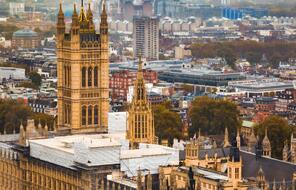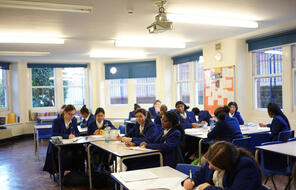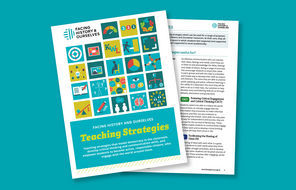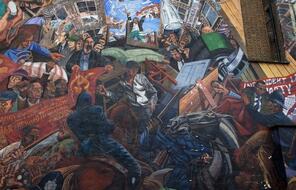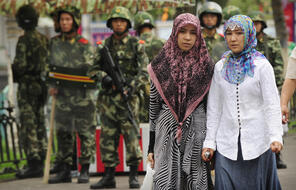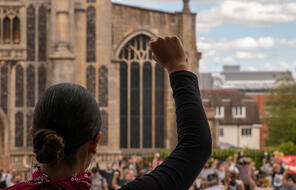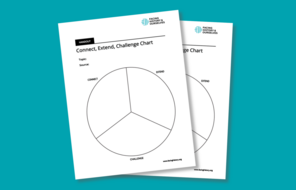Introduction to the UK’s Parliamentary Democracy
Parliament
Parliament is not the same thing as the government. Parliament is composed of three central elements: the House of Commons, the House of Lords, and the Monarchy. The House of Commons is composed of 650 Members of Parliament (MPs) who are elected by the British public during a general election, whilst the House of Lords comprises approximately 800 Lords/peers who are not elected. Originally, people became peers because they were members of the aristocracy, such as dukes or earls, but nowadays peers are selected by governments, often because they are experts in certain industries (though some aristocratic peers still remain). Together, the House of Commons and the House of Lords hold the government to account and make laws – the decisions taken by one house often need to be approved by the other. The King is the head of state and plays a constitutional role in parliament – he opens and closes parliament and signs laws. He does not, however, have any real political power.
Government
After a general election, a government is formed by the political party that wins a majority by having 326 out of 650 Members of Parliament elected. If no one party wins a majority, then they can form a coalition with other parties to pass the 326 mark. The government sits in the House of Commons and decides what laws to make. All of the 650 MPs in parliament can vote for or against proposed laws. The party which has the second largest number of MPs is known as the opposition.
General Elections
The UK does not currently have fixed term general elections: a general election can be called by the government at any point within five years (five years is the maximum term for parliament at the moment, but this can be changed by a new law and has been changed in the past). During general elections, the British public elect Members of Parliament into the House of Commons by voting in their constituency (each constituency is represented by one seat/MP in the House of Commons). Everyone over 18 with UK, Irish, or Commonwealth citizenship can vote in general elections provided that they have registered to do so and are not in prison, have not been found guilty of election-related crimes, and are not a member of the Royal family (it is considered unconstitutional for a member of the Royal family to vote). 1 Most people can also stand to be elected as an MP – those who can’t include serving police officers, members of the armed forces, civil servants, and judges. 2
Unwritten Constitution
According to parliament, ‘a constitution contains the rules by which a country is organised, including the specific powers and duties of the government and the rights and responsibilities of all its people.’ The UK does not have a written constitution – ‘its rules have never been written down together in a single legal document and some have not been written down at all.' 3
The Conduct of Members of Parliament
There is a ministerial code which outlines how Members of Parliament are expected to behave. The ministerial code, however, is not law and if MPs break parts of the ministerial code, it is the Prime Minister who decides how to interpret and enforce it. Both elected officials, such as MPs, and unelected members of the public can be held in contempt of parliament – lying to parliament, deliberately misleading parliament, and bribery conducted in order to influence parliament, amongst other things, count as contempt of parliament. However, parliament does not seem to have the power to punish anyone found to hold it in contempt – the last time someone was fined for being held in contempt of parliament was in 1666. 4
The Voting System
To elect a government, the UK uses a voting system known as First-Past-the-Post, also known as the winner-takes-all. Supporters of this voting system say it helps with political stability as it reduces the need for coalitions and gives governments the ability to make big changes. Critics of this voting system say it is unfair as it is not proportional (the seats in parliament are not in proportion to the votes cast) and works in favour of the bigger political parties. In the 2019 general election, for example, the Conservative Party won 43.6% of the vote, but gained 56.2% of the seats, whilst the Liberal Democrats gained 11.5% of the votes and only 1.6% of the seats.
- 1‘Vote 100: Who still can't vote in the UK?’, ITV, 6 February 2018.
- 2‘Who can stand as an MP?’, UK Parliament.
- 3‘How it Works: parliament, Government, Democracy and You’, UK Parliament, p.12.
- 4‘Contempt of parliament’, Institute for Government, 14 April 2022.



